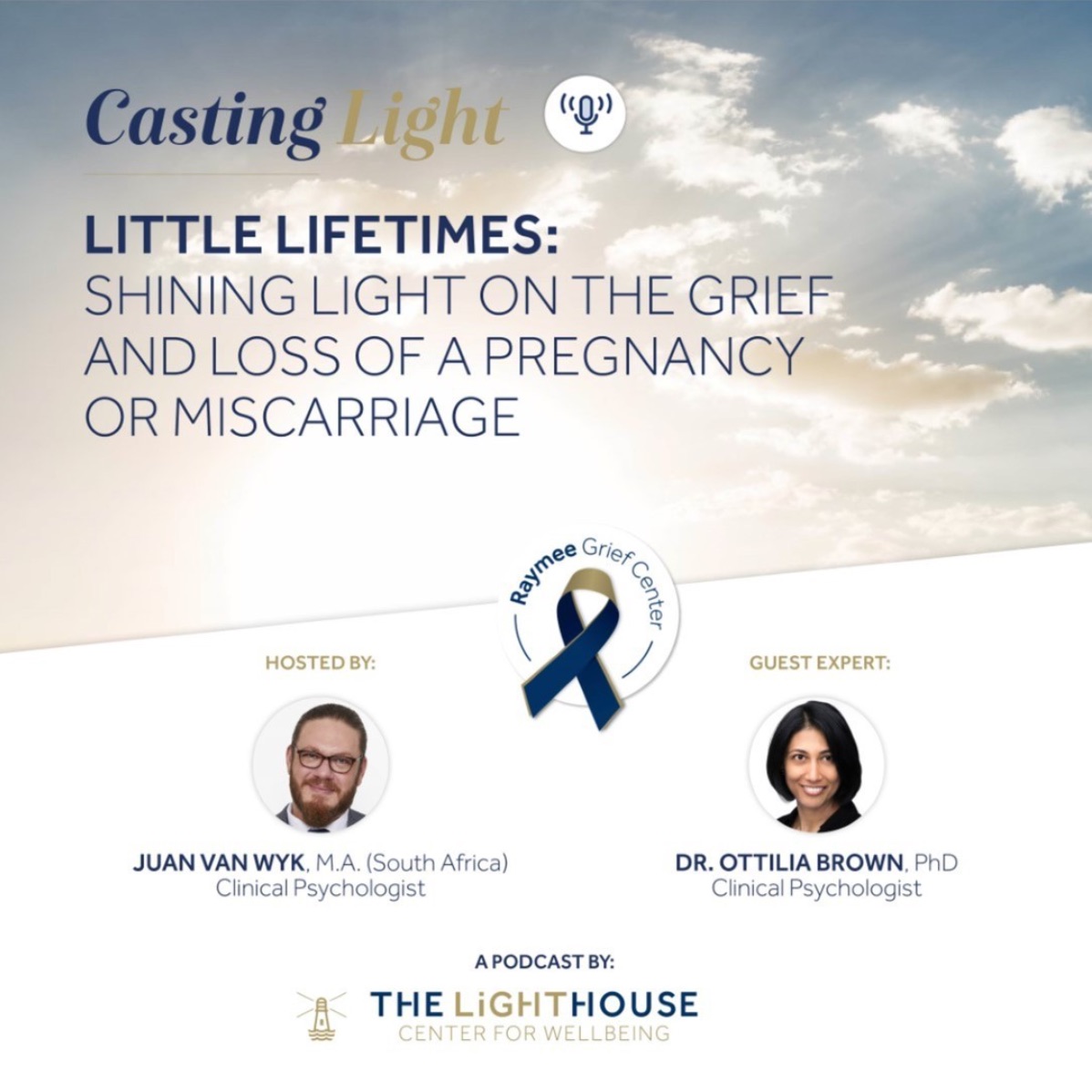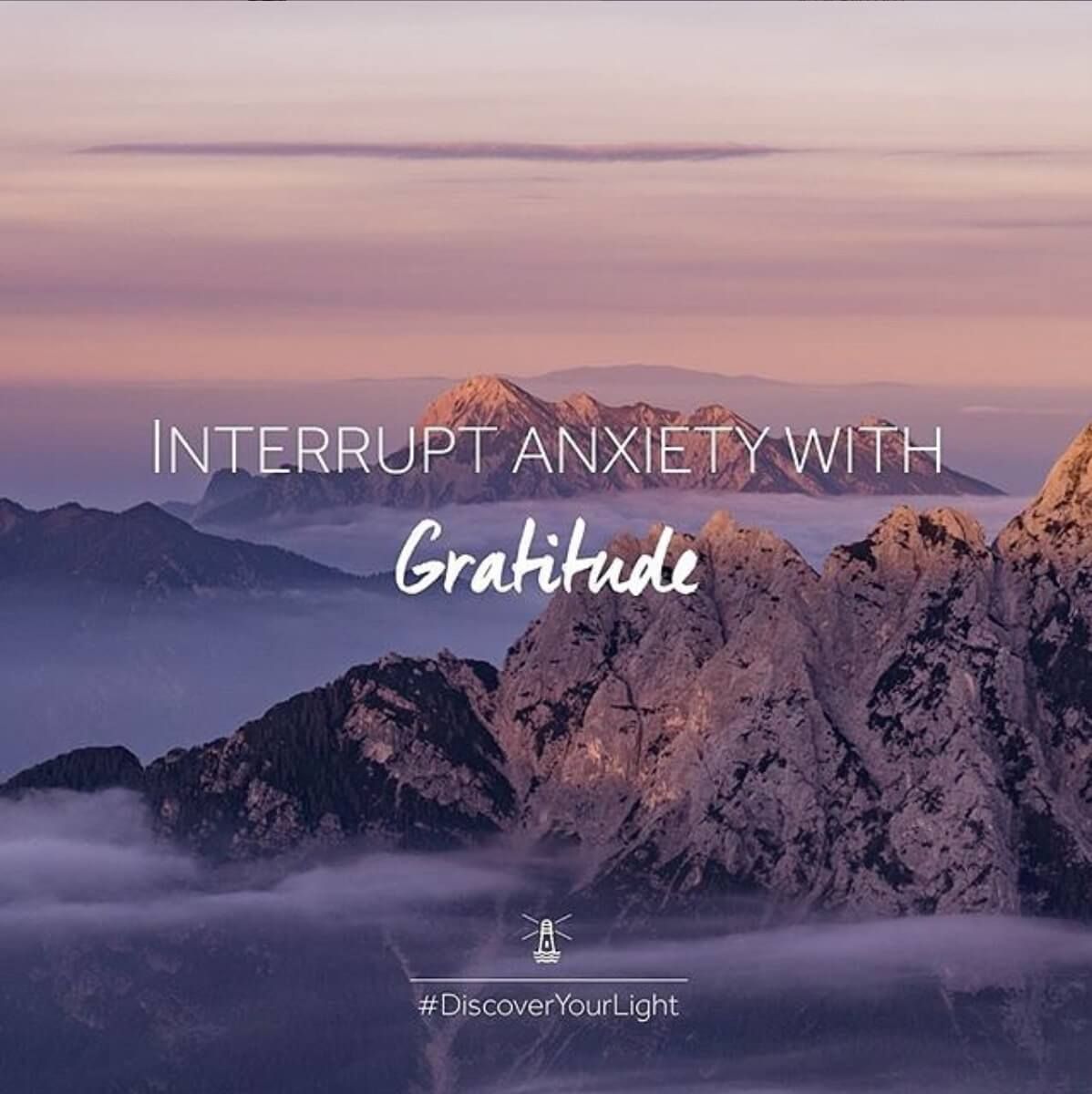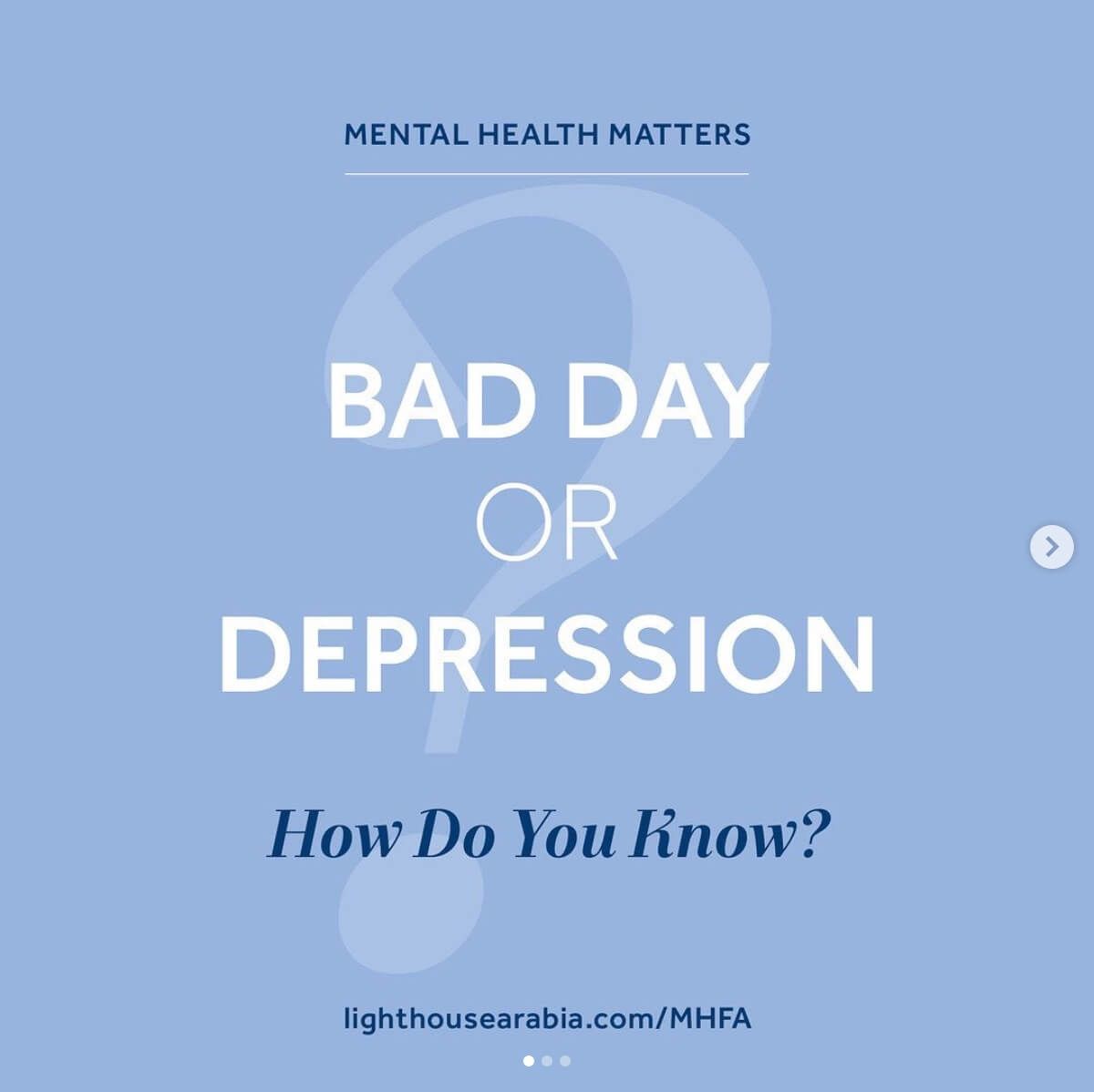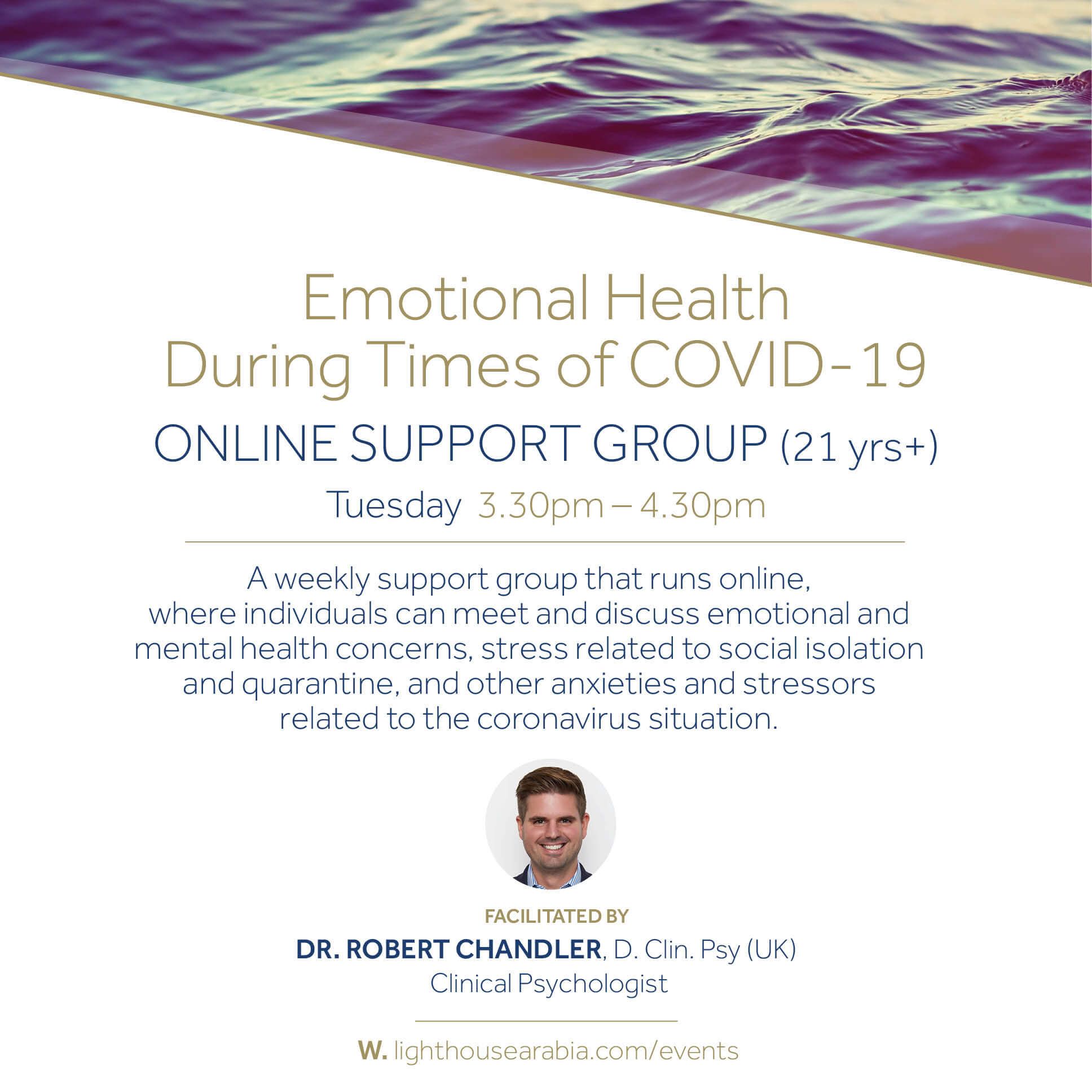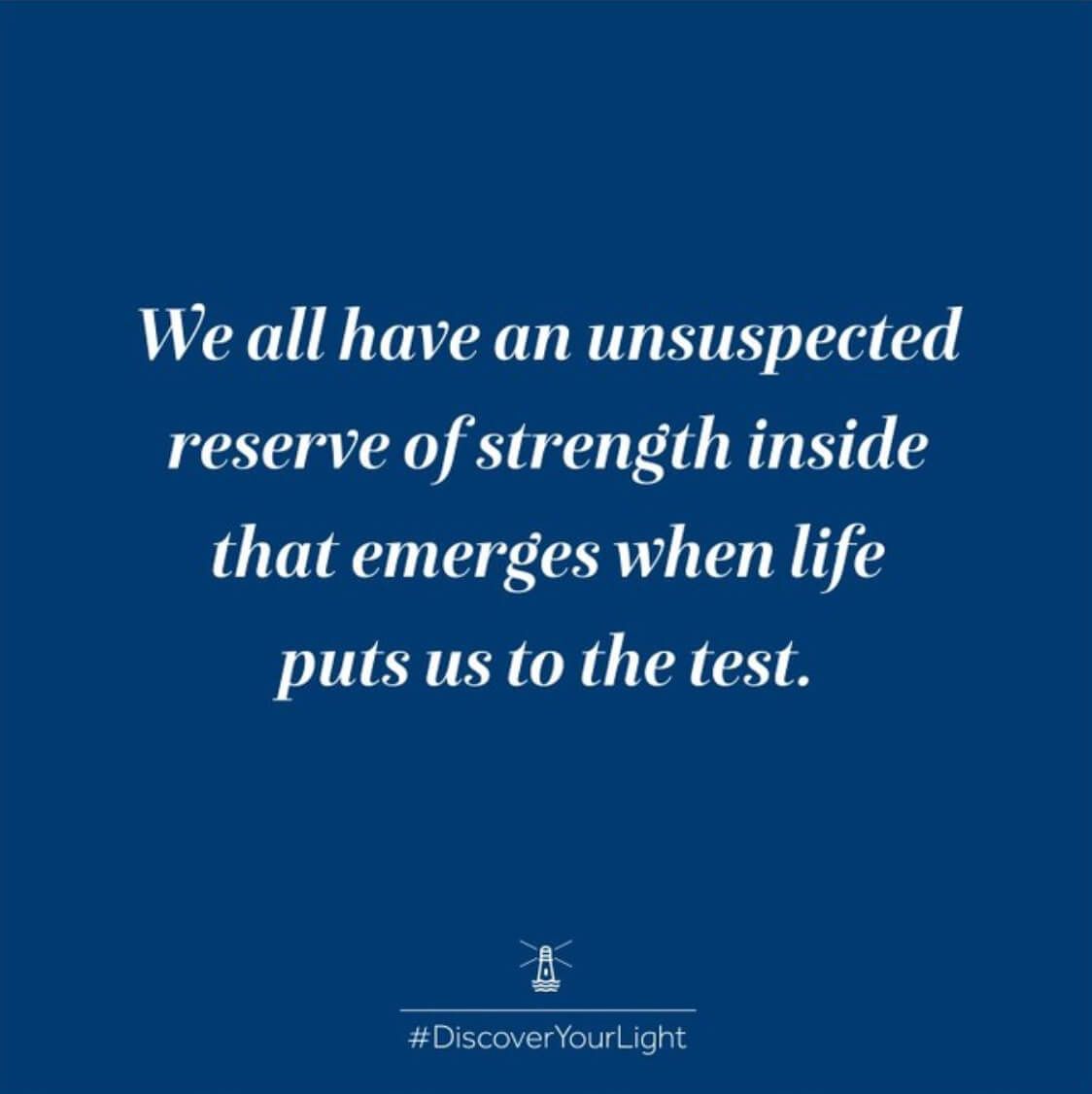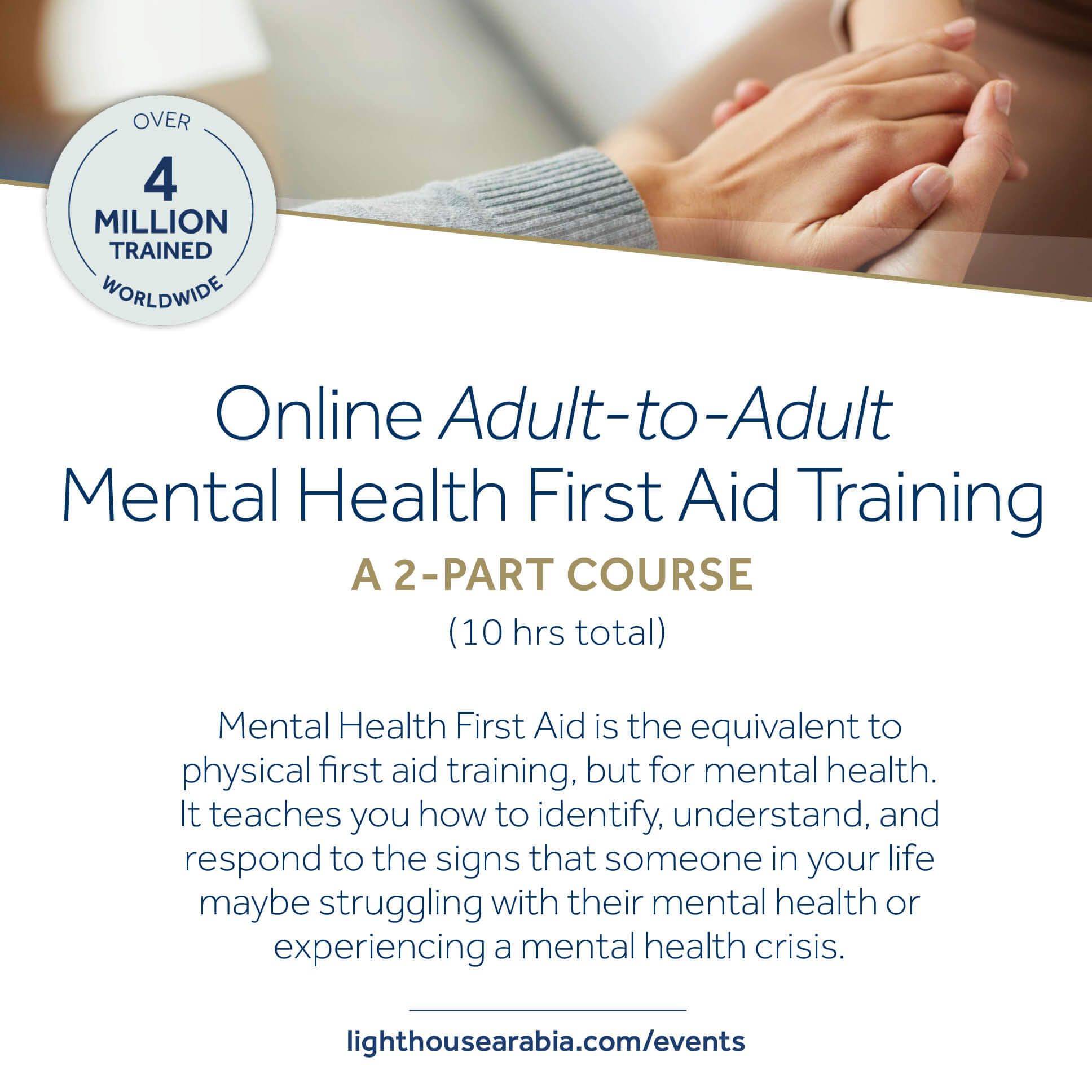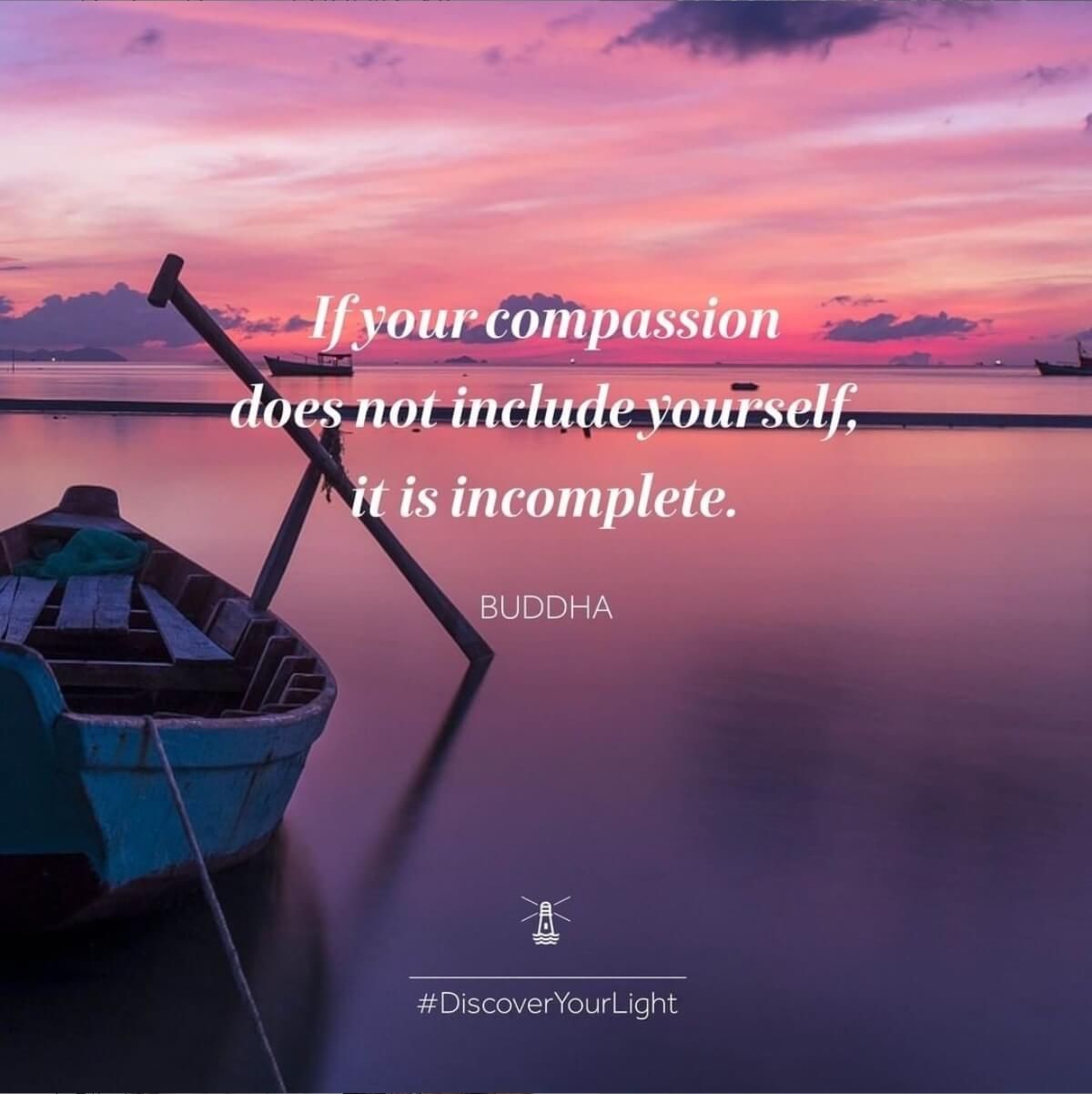
At some point, we will all have to make a major ‘high stakes’ decision relating to our careers. Many of the clients I support are in the process of doing just that.
The magnitude and gravity of dilemmas differs: Should I move company? Should I change industry and do something completely different? Should I relocate my life and family to a different country?
Decision making is a highly complex affair which in my opinion has been oversimplified by the cognitive revolution that stresses the following: take the pros and cons of each option, weigh up each option, and select the option that on balance provides most benefit. Simple.
Anybody who has ever made a high stakes career decision will know it is nowhere near this straightforward. For every pro there is a con of equal weighting; for every decision there is a knock-on impact on finances, family, health, wellbeing, and community. When we simply apply the cognitive principle, we can find ourselves going round in circles.
Data Points in Decision Making
It would be foolish to disregard the cognitive perspective on decision making completely. But it is just one tool which should be used alongside others.
One other datapoint is our intuition, or ‘gut feeling’. This is the part of us that holds inexplicable unconscious wisdom: we don’t know why, but we just get a ‘sense’ that this is a good decision. Again though, this should not be used in isolation: people’s intuition can be both mistimed and misplaced and can lead to erratic decision making.
Another decision making datapoint might be our sensorimotor system: our bodies. When I consider moving companies, what physical sensations do I notice in my body? Does my stomach seize up, or my breathing get heavier? Listening to the body’s response for clues and signs must not be taken to hastily; it is necessary to know ourselves, meditate, and be attuned to our bodies. But still, our bodies can be a useful datapoint and used as part of the overall decision making process.
The Framing of Decision Making: Mind Your Language
It would be foolish to disregard the cognitive perspective on decision making completely. But it is just one tool which should be used alongside others.
In clinical practice, one of the biggest barriers to decision making I see is based on how the decision is framed and referenced: ‘There is a right option and I have to find it’.
Framing decision making in this way is at best unhelpful, and in worst cases, is the primary cause of inaction. For most high stakes decisions, there is no ‘right’ (or indeed ‘wrong’) option. Each option will come with benefits and with costs. Often people will take this framing further: ‘I made the wrong decision moving to this company 5 years ago, and I don’t want to repeat that mistake’.
In this example, the decision to move company was not the ‘wrong’ decision, even if the costs have been significant. There is no way to go back in time and test the hypothesis that this was the wrong decision, by selecting the other option and seeing how things panned out. Who knows how the other option would have developed; perhaps the eventual costs of that option would be even greater.
Where we fall into binary options, black and white think, and the language of ‘right’ and ‘wrong’, we can experience greater stress and pressure, which in turn typically leads to either inaction or hasty decision making.
Quick wins in high stakes decision making
- Use a variety of datapoints to make decisions
Cognition (or rational thinking), alongside intuition, as well as listening to your body.
- Involve trusted others: perhaps a coach, mentor, family member or spouse
Remember though, some of these parties may have a vested interest in your decision. Select your counsel wisely.
- See a psychologist
Do you tend to avoid change? What messages were installed in you by your family of origin or community about making high stakes decisions? Do you tend to make decisions to please, impress or appease others? Knowing our blind spots in decision making is vital.
- Be led by your values
What kind of person do you want to be remembered as? If you select a particular option, does that option reflect your ‘highest and wisest self’? When we are led by our values, we can rarely go wrong.
- The avoidance of uncomfortable emotion should rarely be a driving force in your decision making
To quote that great philosopher Grandmother Willow in ‘Pocahontas’, “sometimes the right path is not the easiest one”. Big changes come with big emotions, the unknown produces anxiety, and again, where we select an option to avoid big feelings, this often leads to remaining in the current situation.
This article was originally published in Arabian Business in August, 2022

